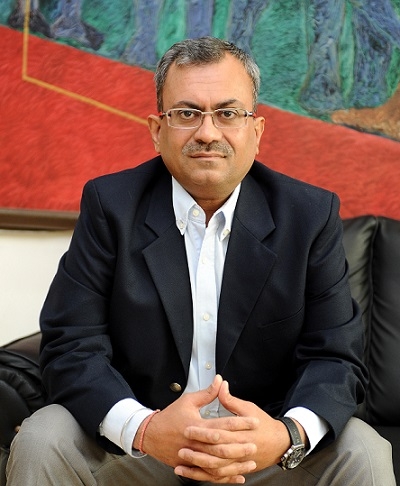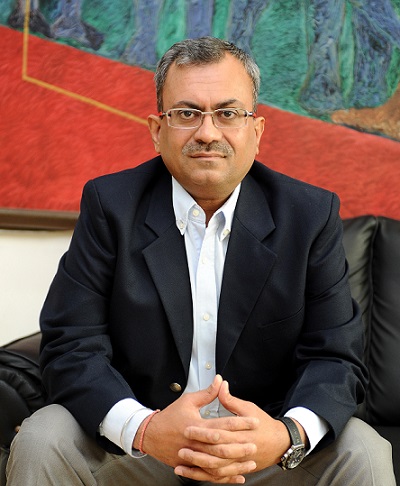
 Globally, Millennials are often recognized as the key generation driving the US$4.2 trillion global wellness market . Their thirst for holistic wellbeing is unparalleled when compared to previous generations. In the US alone, the millennial cohort has grown to value health as the second most valued aspect of their lives .
Globally, Millennials are often recognized as the key generation driving the US$4.2 trillion global wellness market . Their thirst for holistic wellbeing is unparalleled when compared to previous generations. In the US alone, the millennial cohort has grown to value health as the second most valued aspect of their lives .
Armed with their love for health-centric pursuits and interests like yoga, kombucha, and meditation to name but a few, wellness as a whole has bloomed into a way of life instead of something they do on the side. Because this generation harnesses wellbeing methods and products on a daily basis, they’ve collectively expanded the definition of ‘healthy’ to encompass a daily commitment to eating right, exercising regularly, and using products and services that support their wellness journeys and objectives.
Nearly everything consumers do is governed by lifestyle approaches that demand a more rounded view of wellbeing. This has forced all sectors to reinvent their approach to meeting the wellbeing needs of consumers. Whether it’s the clothing industry creating athleisure apparel enhanced with nutrient-rich materials like sea kelp and bamboo , or the aerospace industry innovating advanced sleeping and exercising wellbeing pods for the future of flight , no industry has been left untouched by the sheer scale of wellbeing’s potential.
Because of this, the need to remain authentic amidst the cross-synergetic democratization of the wellness segment has forced brands to rethink their approach to product innovation.
For the personal care industry, the ‘go green’, ‘natural’ and ‘organic’ space has become clouded with brands vying for market share. We only have to look at the value of this sector to understand its attraction. Representing US$1,083 billion of the wellness economy pie, personal care and beauty is one of the world’s largest and fastest growing industries.
With a plethora of wellness products flooding the industry, it can oft be difficult for consumers to navigate the greenwashing and hype that various products seek to deliver.
The upshot for brands is they have an opportunity to be authentic in their approach to succeeding in this industry. Millennials are also some of the most shopping-savvy consumers out there. In short, this population segment doesn’t suffer fools. Younger populations are increasingly searching for quality as much as value. And they’re not afraid to shop around for the best brand to deliver the ideal combination of each. In the purchase journey, a strong brand isn’t enough to lock in a sale . Instead, the factors that make them loyal to a brand are ones that supplement their busy lifestyles with real and authentic value propositions.
For the personal care sector, realising how consumers purchase cleaner, greener products goes deeper. Like I alluded to prior, the wellness landscape is vast and filters across all industries. This means that consumers’ lives don’t just hinge on one or two personal care products in their daily routines. From the moment they wake up until the moment they go to sleep, wellness decision making is with them every step of the way. This is something we at Dabur International have caught on to, often times ahead of our rivals.
Our brand philosophy is deeply rooted in the time-honoured traditions of Ayurveda. That’s why the density of products spanning our product ecosystem today is testament to an innovation journey that builds on Ayurvedic practices. By delivering benefits that complement and enhance our customers’ personal wellness journeys, we’ve learned that consumer care products should deliver value propositions that filter into regional, cultural, and societal nuances of modern-day society.
For instance, Ayurveda-based formulations that omit fluorides and harmful chemicals in the oral care segment are striking a positive note with consumers in the Middle East. The same can be said for our dedication to ensuring kids’ products don’t contain known nasties like parabens and mineral oil. By adding personalised value via innovating with meaningful intent, we’ve redefined the paradigm for how brands connect with consumers in the trending 360-degree outlook to lifestyle wellbeing.
This is invaluable in the Middle East. Consumers in this region exhibit attitudes and preferences that are different to other generations. In the Arab world, Millennials in general demonstrate more brand loyalty than their peers in the US, the UK, Japan or Australia . With the MENA region being one of the world’s most saturated regions when it comes to smartphone penetration, they also discover, buy, support or brush-off brands based on the experiences and the level of personalization they receive. With regards to wellness, they perceive quality through the genuineness of brand interactions. What this means is that we have to continue delivering quality products that add true value to their lives and complement the wellness synergies they are seeking across all lifestyle facets.
For us, wellness isn’t a fad; it is a way of life that stems from deep within our brand’s DNA. For industry players to successfully engage and influence brand adoption for modern-day consumers in the vast wellness economy, I believe it is time they begin innovating with an emphasis towards being authentic and delivering quality innovations that truly complement consumers’ overarching wellness journeys.
Written by Krishan Kumar Chutani, CEO Dabur International